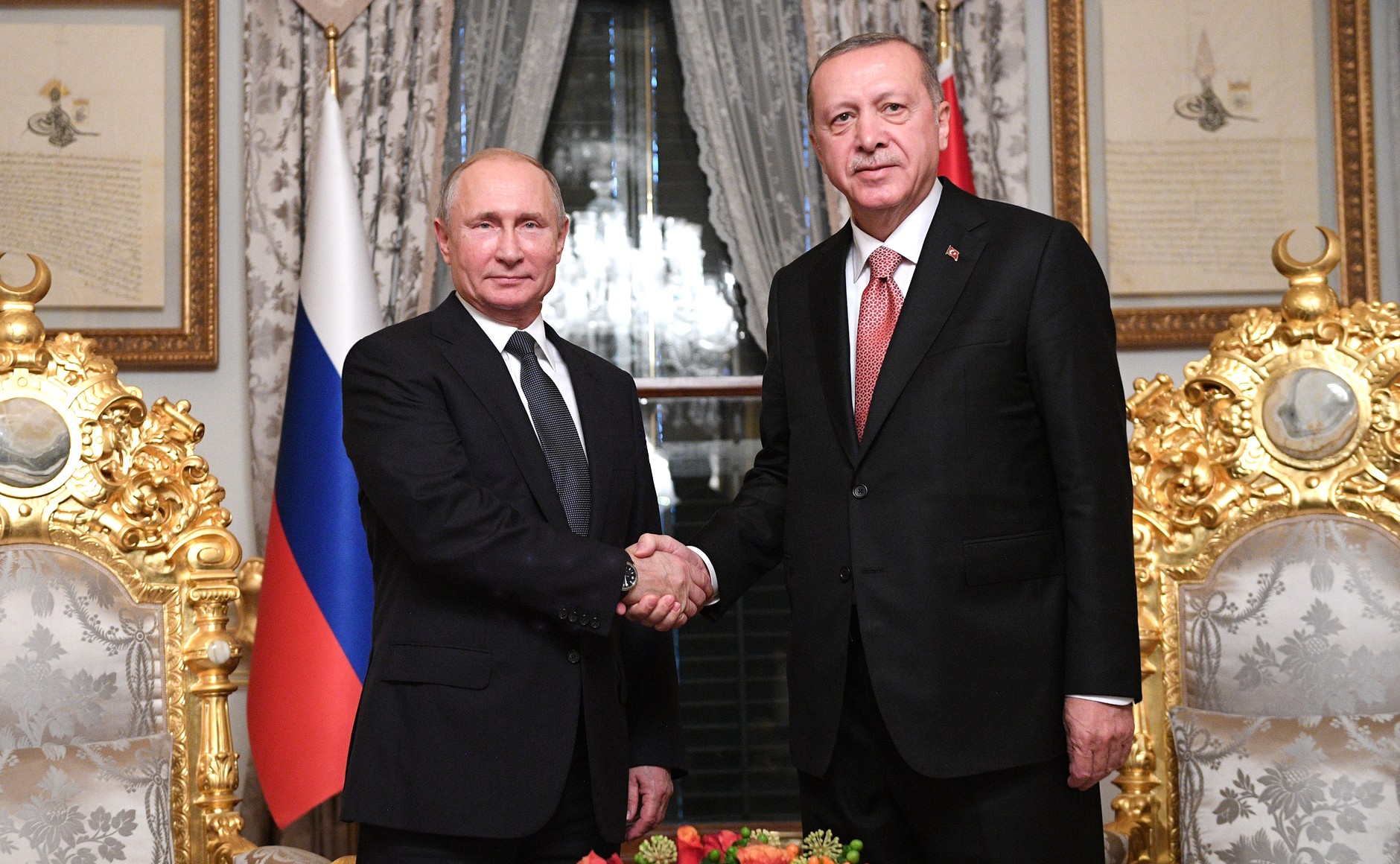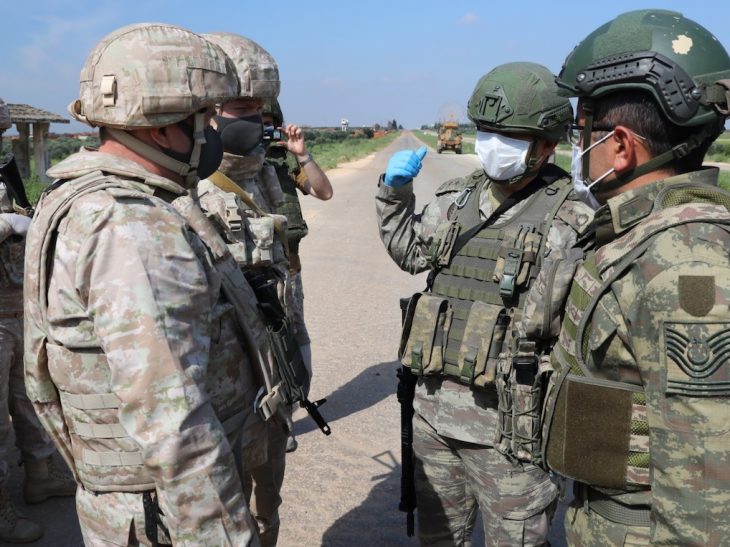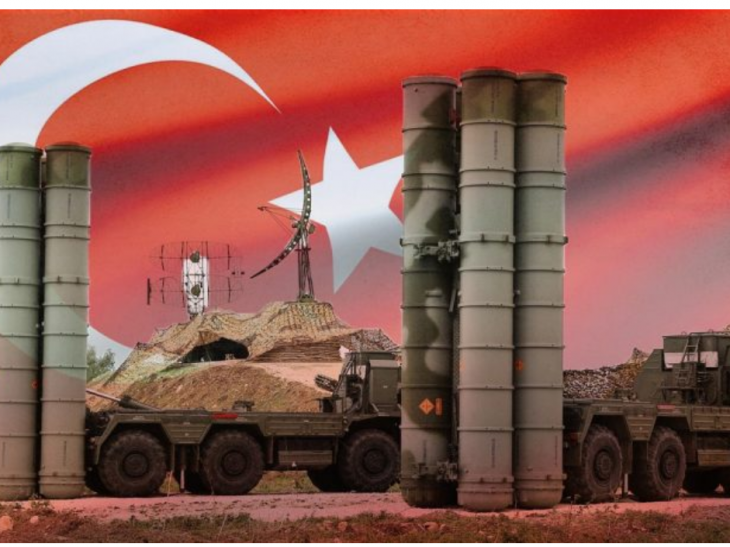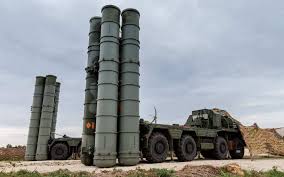Turkey and Russia in Post-Assad Syria: Cooperation Amid Rivalry
 Putin Erdoğ
Putin Erdoğ
As Syria enters a new chapter following the ouster of Bashar al-Assad in December 2024, the dynamics between Turkey and Russia—once rivals backing opposing sides in the conflict—are evolving into a complex web of pragmatic engagement and strategic rivalry.
Despite their history of opposing each other in Syria’s civil war, the two nations are now compelled to work together to secure their respective interests in a reshaped geopolitical landscape.
From Adversaries to Uneasy Partners
-
Turkey supported anti-Assad rebels, while Russia remained Assad’s staunchest ally, militarily intervening in 2015 to help the regime regain control.
-
Their opposing positions led to several tense moments, including Turkey’s 2015 downing of a Russian jet near its border.
-
However, the countries eventually established diplomatic frameworks, including the Astana Process, to manage Syria-related disputes.
Yet, the fall of Assad—orchestrated by a rebel offensive reportedly backed by Ankara and carried out by HTS (Hayat Tahrir al-Sham)—has altered the equation. Turkey now emerges as the dominant external player, with HTS interim president Ahmed al-Sharaa in power.
Why Syria Remains a Flashpoint
Despite the shift in power, Syria is likely to remain a point of tension in Turkish-Russian relations:
-
Russia views Turkey’s role in Assad’s downfall as a betrayal that undermined Moscow’s long-term strategy in the region.
-
Ankara, on the other hand, has secured its core strategic objectives: curbing Kurdish YPG influence, securing its southern border, and consolidating its regional leverage.
Yet both countries are opting for pragmatism over hostility. Russia continues negotiating with Syria’s new leadership to maintain its military foothold (Tartus and Hmeimim bases) and salvage its regional influence.
Strategic Compartmentalization
Despite deep strategic distrust, Turkey and Russia have historically compartmentalized their tensions to work on shared interests—whether in Syria, Ukraine, or the South Caucasus.
🗝 Key Shared Interests:
Preventing Islamic State resurgence
Counterbalancing U.S. influence in Syria
Managing the HTS-led Syrian transition
Preserving economic and energy cooperation
This has allowed the two powers to maintain a “cooperative rivalry”, with Erdogan and Putin engaging in high-level diplomacy even amid confrontations.
Post-Assad Calculus: New Balances, Same Caution
For Russia, continued presence in Syria requires dialogue with Ankara, which now has de facto influence over Syria’s northwest and indirectly over its new government. With the U.S. still imposing civil war-era sanctions, Damascus needs Russia economically, and Russia in turn needs a channel to retain its military presence and geopolitical relevance.
For Turkey, the outcome reaffirms its status as Syria’s kingmaker and a decisive regional actor. It must now balance its military role with diplomatic and reconstruction efforts, while watching for Israeli and Western moves that might counteract Ankara’s influence.
Ankara is also aware that U.S. policy on Syria could shift unpredictably, especially under a potential second Trump administration, leading Turkey to keep Moscow close as a counterbalance.
Historical Precedent, Future Implications
Drawing from a long history of conflict and cooperation—from Ottoman-Russian wars to Cold War rivalries—Turkey and Russia appear poised to continue their carefully calculated relationship. Both see the strategic value of maintaining engagement, even when trust is thin.
As long as mutual interests align in certain areas, and with NATO dynamics, energy dependency, and Black Sea security in the background, the Turkish-Russian partnership in Syria is likely to persist—pragmatic, uneasy, but essential.






